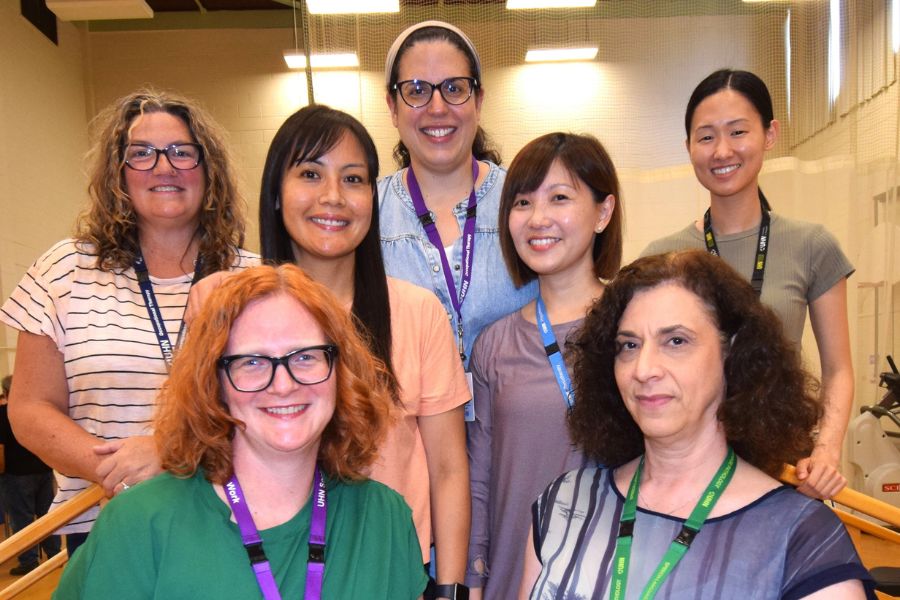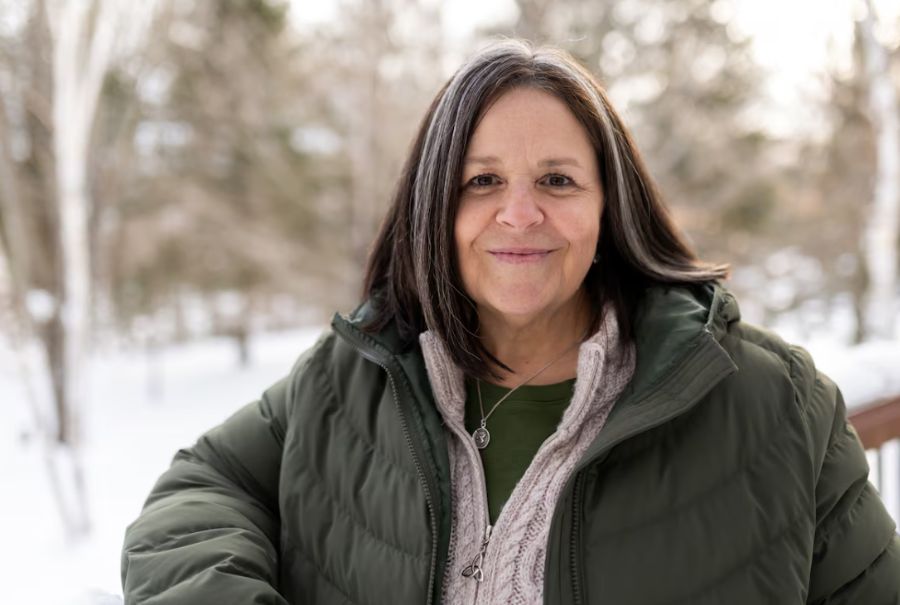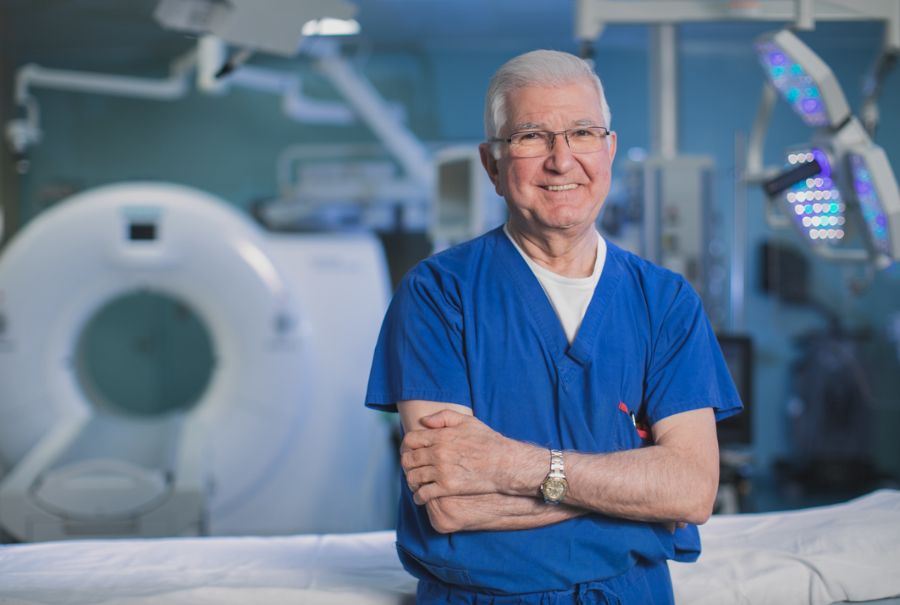Dr. Phyllis Billia, (L), and Dr. Darshan Brahmbhatt studied thousands of samples from the Cardiovascular Biobank at the Peter Munk Cardiac Centre to learn more about cardiogenic shock. (Photo: UHN)
New research from the Peter Munk Cardiac Centre has identified genetic predispositions to outcomes in patients with cardiogenic shock. Thanks to UHN’s Cardiovascular Biobank, researchers were able to examine thousands of blood samples from patients who experienced this condition.
Known also as “cardiac shock,” this event occurs when the heart cannot pump enough blood to the rest of the body, ultimately causing multiple organs to fail.
“If you go into cardiogenic shock, you have about a 50 per cent chance of survival,” explains Dr. Phyllis Billia, co-Director, UHN Cardiovascular Biobank. “What we wanted to know was, why do some people respond well to treatment, and others don’t – and how can find this out before it’s too late.”
Dr. Billia and her team looked at a cellular process called clonal hematopoiesis. Stem cells acquire genetic mutations as we age. Clonal hematopoiesis occurs when these mutated stem cells create new blood cells that have changes in their genetic code, giving them a growth advantage.
As a result, new blood circulating the body is in an inflamed state. Inflammation is associated with the many diseases affecting the human body.
“We had hoped that we would be able to identify the mutations in stem cells, which would allow us to predict, for patients in cardiogenic shock, what their outcomes will be,” says Dr. Darshan Brahmbhatt, Clinical Fellow, Heart Failure and Cardiac Transplantation at UHN. “And that’s exactly what we found.
“It’s a great starting point, but it’s nowhere near where we need to be. What we need is to develop a bedside test so that when our patients come into the ICU, we can take a few drops of their blood and determine how the disease will affect them and, if the outcome is potentially negative, how we can help them overcome the disease.”
Additionally, these findings provide an opportunity for novel treatments. Part of the study examined cytokines – small proteins that prompt the immune system into action.
“By targeting cytokines, we could potentially halt the process of the inflammatory response,” says Dr. Billia. “And, save people’s lives.”
Dr. Phyllis Billia, co-Director, UHN Cardiovascular Biobank, and Darshan Brahmbhatt, Clinical Fellow, Heart Failure and Cardiac Transplantation, discuss their new research examining heart failure and the genetic predisposition in patients with cardiogenic shock. (Video: UHN)


